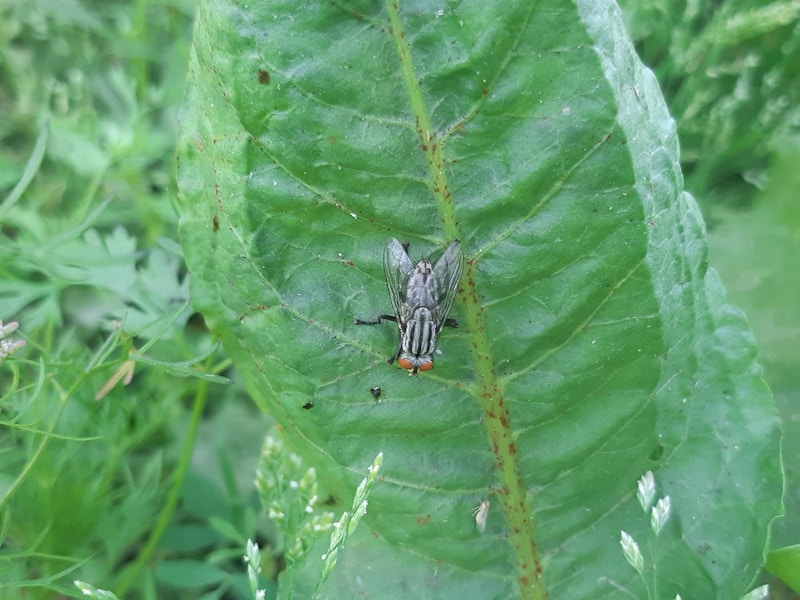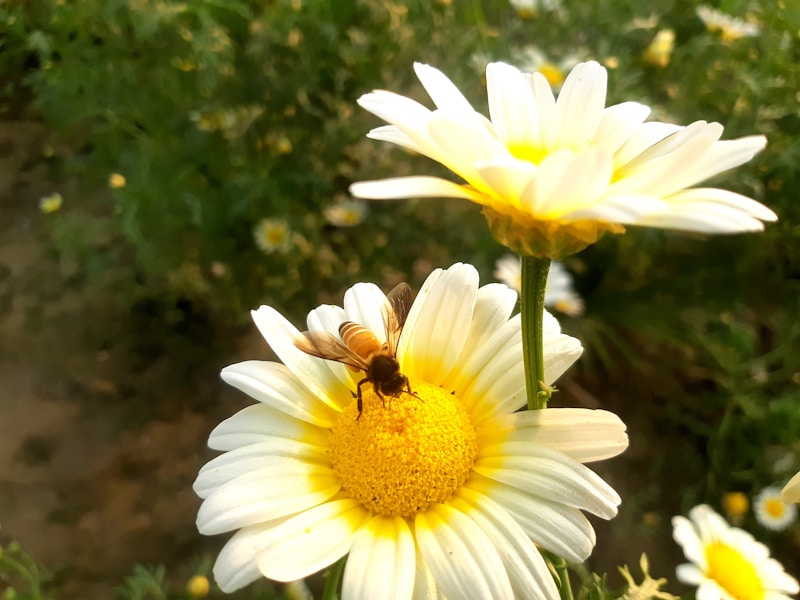Podcast
Questions and Answers
What is ecology?
What is ecology?
Ecology is the scientific study of interactions between living organisms and their environment.
Define genetics.
Define genetics.
Genetics is the scientific study of the transmission and variation of heritable characteristics in living organisms.
Explain evolution.
Explain evolution.
Evolution is the change in the genetic composition of populations over time.
What does anatomy study?
What does anatomy study?
Signup and view all the answers
What is cell biology?
What is cell biology?
Signup and view all the answers
What do ecologists study?
What do ecologists study?
Signup and view all the answers
Explain the concept of natural selection.
Explain the concept of natural selection.
Signup and view all the answers
Define homeostasis in the context of living organisms.
Define homeostasis in the context of living organisms.
Signup and view all the answers
What does gene expression refer to?
What does gene expression refer to?
Signup and view all the answers
Describe the concept of biodiversity.
Describe the concept of biodiversity.
Signup and view all the answers
Explain the significance of metabolism in living organisms.
Explain the significance of metabolism in living organisms.
Signup and view all the answers
What is taxonomy and why is it important in biology?
What is taxonomy and why is it important in biology?
Signup and view all the answers
Study Notes
Exploring Biology: Ecology, Genetics, Evolution, Anatomy, and Cell Biology
Biology is a vast and interconnected field, encompassing various subdisciplines that reveal the inner workings of life. In this article, we'll delve into key topics within biology, focusing on ecology, genetics, evolution, anatomy, and cell biology.
Ecology
Ecology is the scientific study of interactions between living organisms and their environment. It explores relationships within ecosystems, such as competition, predation, symbiosis, and mutualism. Ecologists study patterns and processes at different scales, including populations, communities, and entire ecosystems.
Genetics
Genetics is the scientific study of the transmission and variation of heritable characteristics in living organisms. It involves the analysis of DNA, the study of gene function, and the manipulation of genetic material to understand how genes encode traits and how they are inherited.
Evolution
Evolution is the change in the genetic composition of populations over time. It occurs through natural selection, genetic drift, gene flow, and mutation. The study of evolution helps us understand the origins of species, the patterns of biodiversity, and the mechanisms of adaptation.
Anatomy
Anatomy is the scientific study of the structure of living organisms. It involves the detailed description and analysis of the body's systems, organs, tissues, and cells. Anatomical studies help us to understand how structures are organized and how they function.
Cell Biology
Cell biology is the scientific study of the structure, function, and behaviors of cells, particularly in living organisms. It examines the properties of cellular components, including proteins, lipids, carbohydrates, and nucleic acids. Cell biology also explores the mechanisms of cell division, differentiation, and communication.
Key Concepts in Biology
Understanding these subdisciplines requires a firm grasp of several key concepts that intersect across the biological sciences. Some notable concepts include:
- Adaptation: A process by which organisms evolve traits that improve their survival or reproduction in response to environmental challenges.
- Biodiversity: The variety of life forms and the ecological interactions among them.
- Ecosystem: A community of interacting organisms and their physical environment.
- Gene expression: The process by which the information in a gene is used to synthesize a functional gene product, such as a protein.
- Heredity: The transmission of genetic information from parent to offspring.
- Homeostasis: The maintenance of stable internal conditions necessary for life.
- Metabolism: The sum of all chemical reactions that occur within a living organism.
- Natural selection: The process by which organisms with favorable traits are more likely to survive and reproduce than those with less favorable traits.
- Population: A group of organisms of the same species living in the same area at the same time.
- Taxonomy: The scientific classification of organisms into groups based on shared characteristics.
Conclusion
These subdisciplines of biology are interconnected and provide a holistic understanding of life. Understanding these fields will help you appreciate the complexity of living organisms and the interconnectedness of life on Earth.
Studying That Suits You
Use AI to generate personalized quizzes and flashcards to suit your learning preferences.
Description
Test your knowledge of key topics within biology, including ecology, genetics, evolution, anatomy, and cell biology. Explore concepts like adaptation, biodiversity, ecosystem, and more that are essential to understanding the interconnectedness of life sciences.




